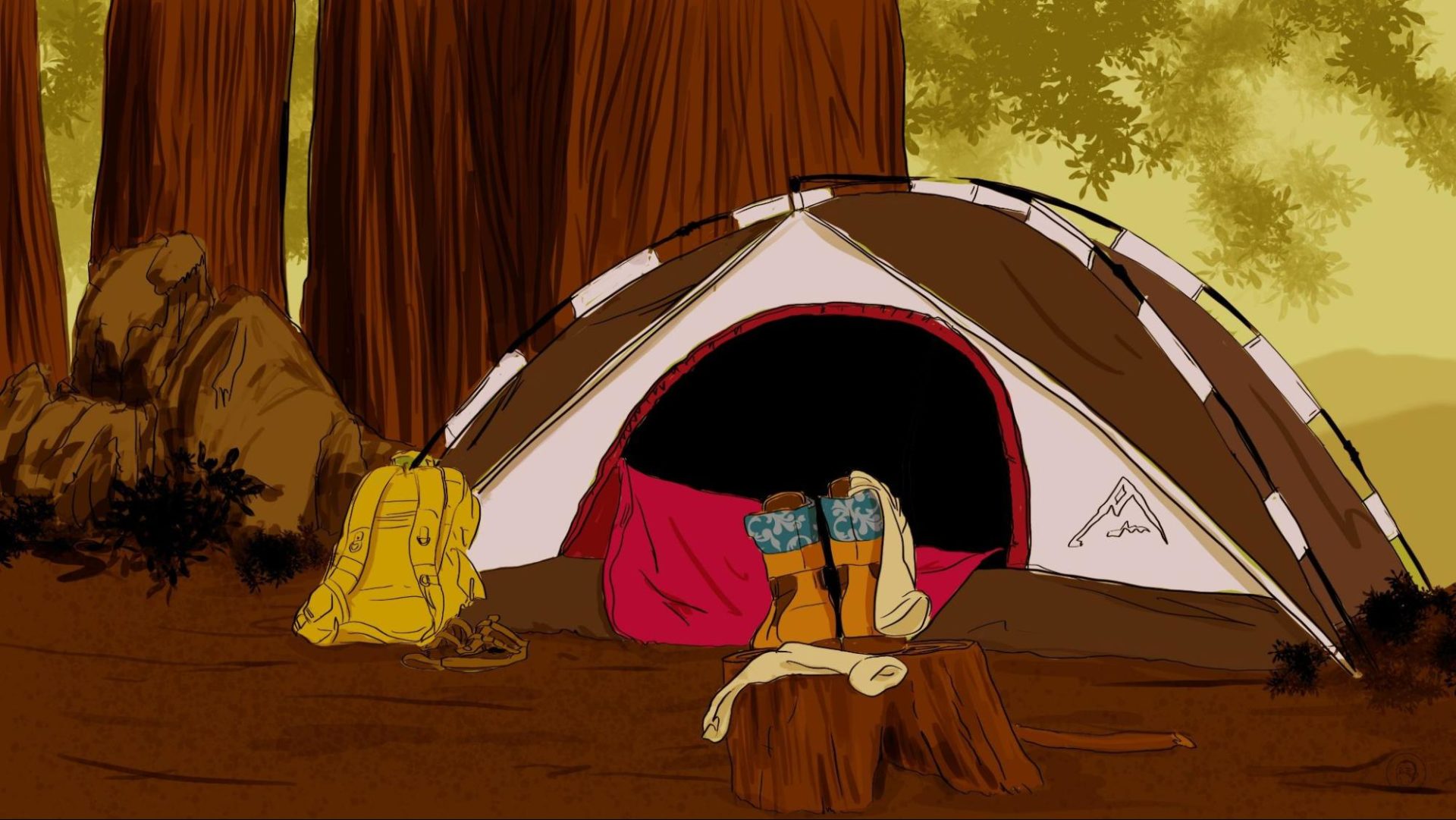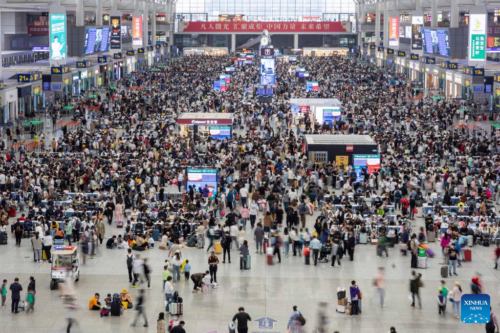Camping is China’s new COVID travel trend, and outdoor gear companies are booming
China’s zero-tolerance COVID policy has slowed down China’s economy and kept many people indoors. But when they’re allowed out, many urban residents have a new love of the outdoors, and they’re spending money on camping trips and equipment.

Sporadic outbreaks of COVID-19 and resultant lockdowns have had a devastating effect on the tourist industry in China. According to National Bureau of Statistics data, the accommodation and catering sector shrank by 0.3% in the first quarter of the year: the first contraction since 2020. Yet the lockdowns and social distancing have had an inadvertent impact: exponential growth in the camping market.
The customer base of recreational camping has experienced a transition: What was once a niche hobby for sporting enthusiasts has become an activity for everyone. While long-distance traveling is difficult in China right now, and discouraged by local governments, camping was one of the leading choices for travelers during the May Day holiday in China, especially for young people.
One of the key attractions is that it is an outdoor recreational activity that can be enjoyed in the outskirts of cities. Searches for the keyword camping increased by 90% week-on-week during the recent May Day holiday, according to data released by the Chinese travel agency Ctrip. Hotel and homestay bookings near camping sites increased by 153% during the May Day holiday compared with the Qingming holiday in March.
A bonanza for outdoor gear companies
Camping was already a burgeoning trend in China prior to the May Day holiday. Data from Xiaohongshu, a Chinese social media and ecommerce company, reveals that camping-related notes on its platform surged by 587% in 2021 compared with a year earlier. In March, camping-related notes on Xiaohongshu increased by more than five times year-on-year.
The majority of people going camping are young people. Among users searching for camping on the Chinese search engine Baidu, 45.73% were aged 30–39 while 39.25% were aged 20–29, per The Beijing News.
Users have been flocking to online platforms to purchase camping equipment such as tents, sleeping bags, and camping chairs. Ecommerce giant JD.com says that sales of rescue equipment, tent mats, and picnic gear grew by 256%, 229%, and 165% year-on-year, respectively.
The camping frenzy is an unexpected windfall for outdoor gear companies. The first-quarter report for Comefly Outdoor 牧高笛, for example, stated revenues of 327 million yuan ($49.14 million), a year-on-year increase of 56.06%.
Despite the growing popularity of camping in China, most people are not hard-core campers or mountaineers seeking demanding physical challenges. Rather, people are heading into the outskirts of the cities and simply pitching a tent, treating camping as a way to relax. According to a poll by The Beijing News, the leading three reasons people give for going camping are relaxation and leisure, getting closer to nature, and hanging out with friends.





